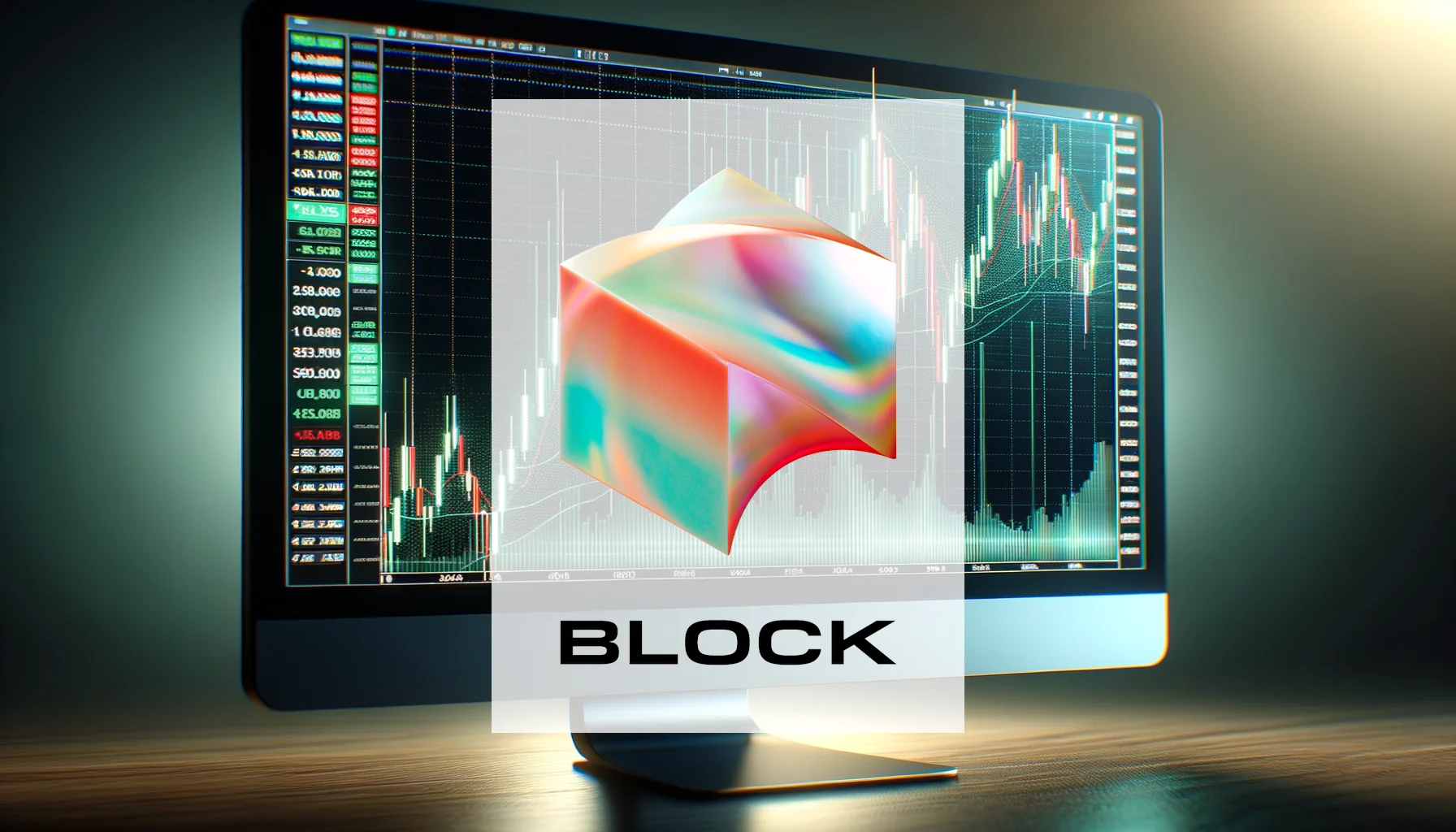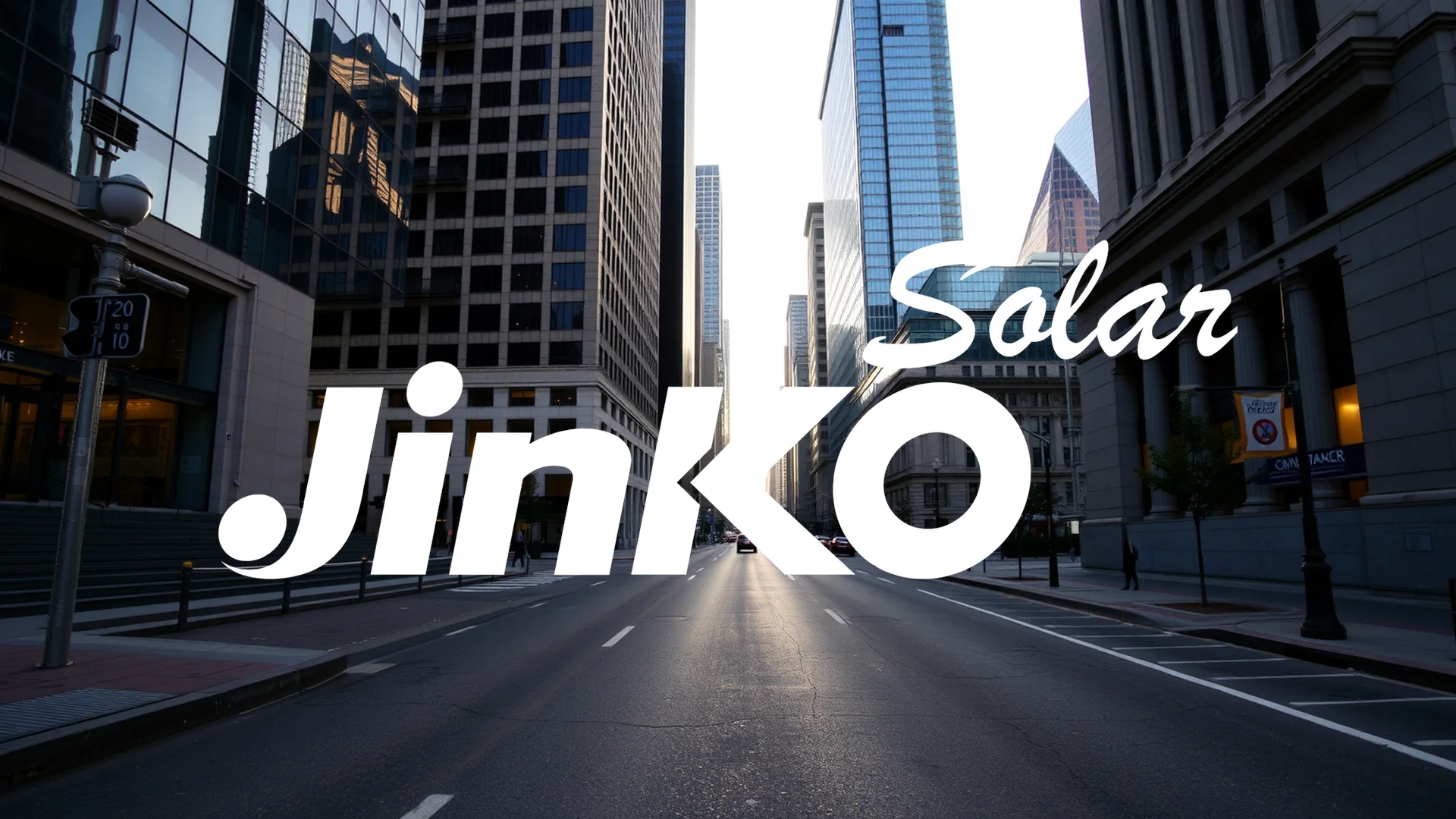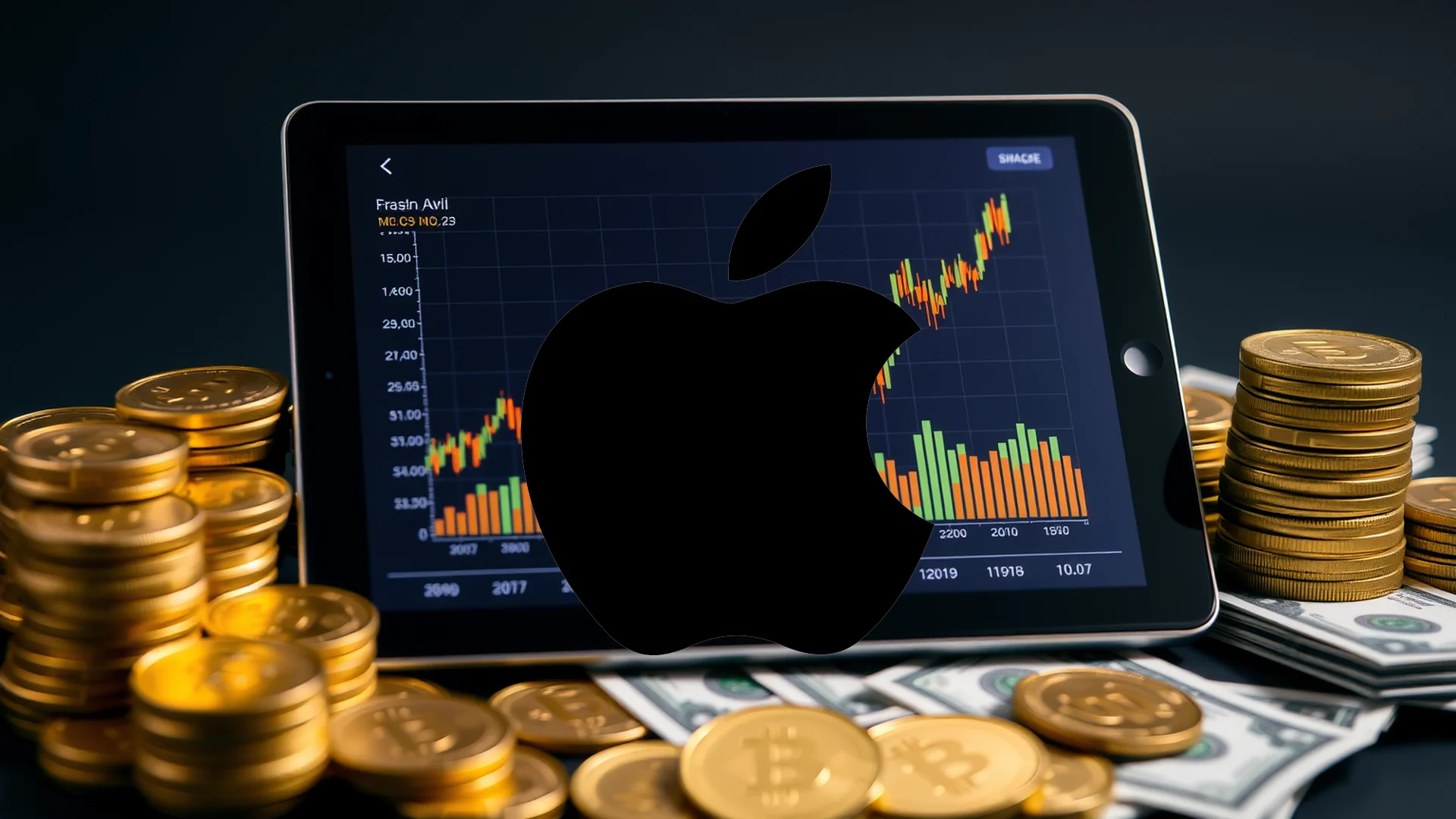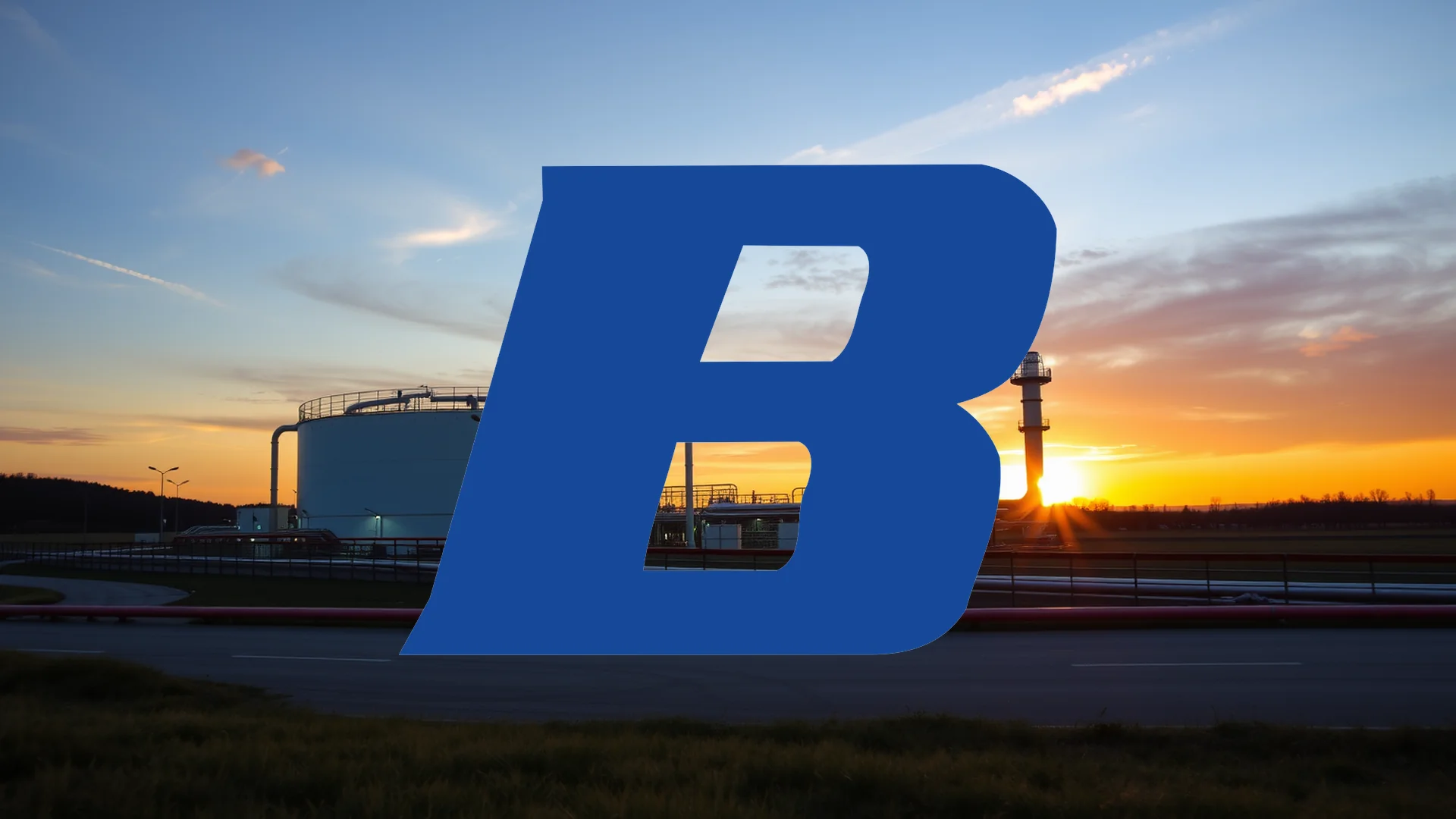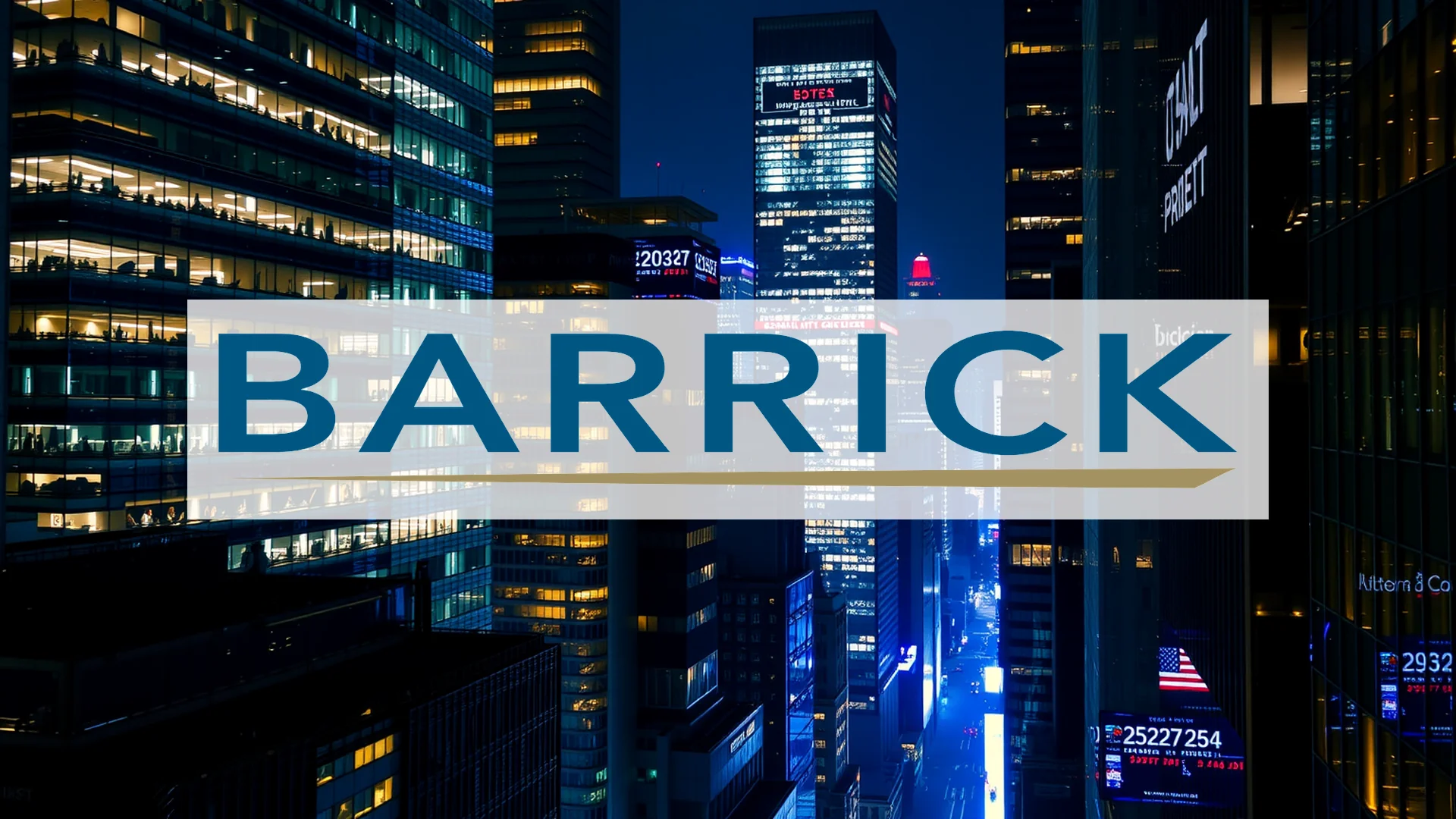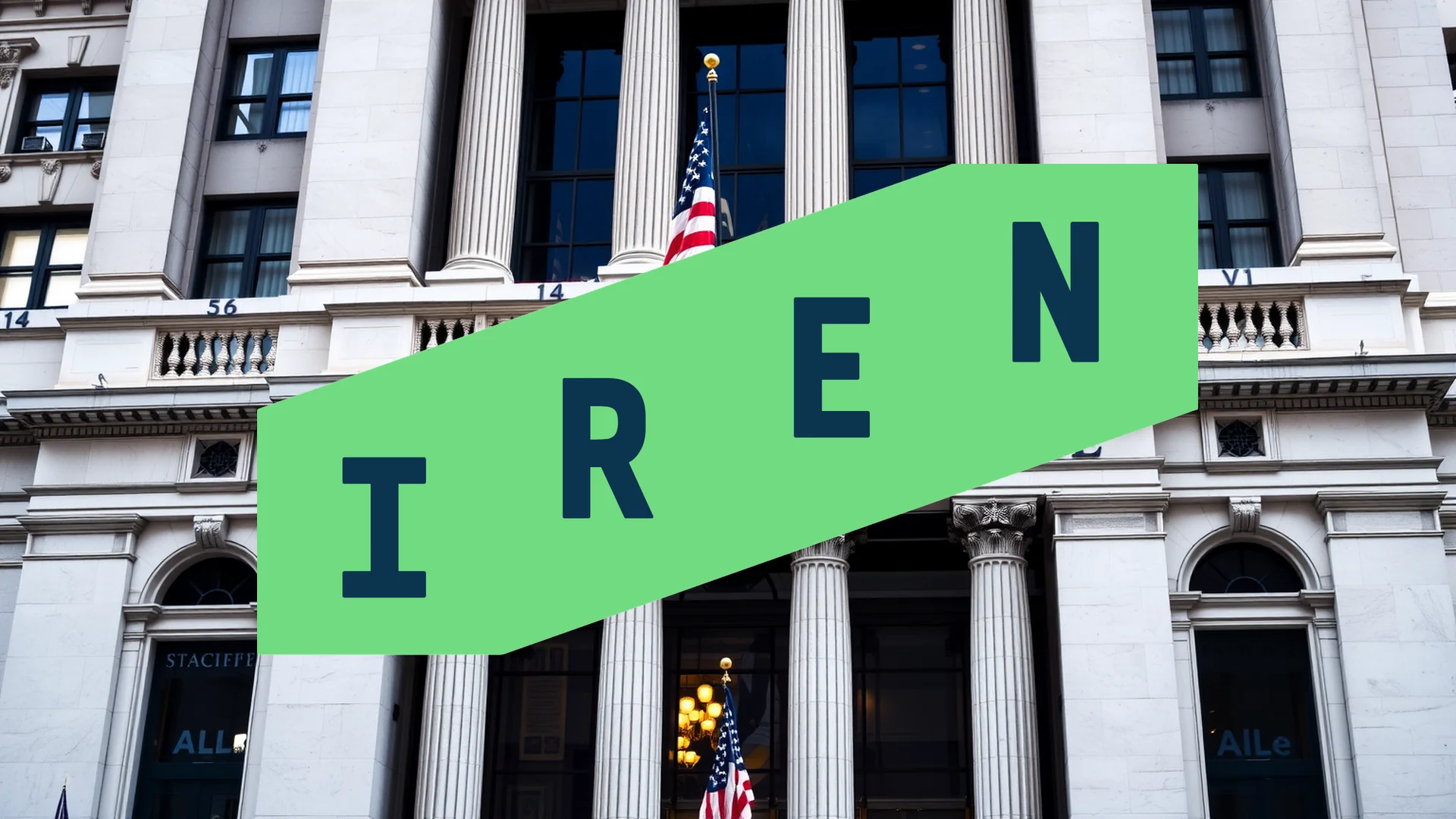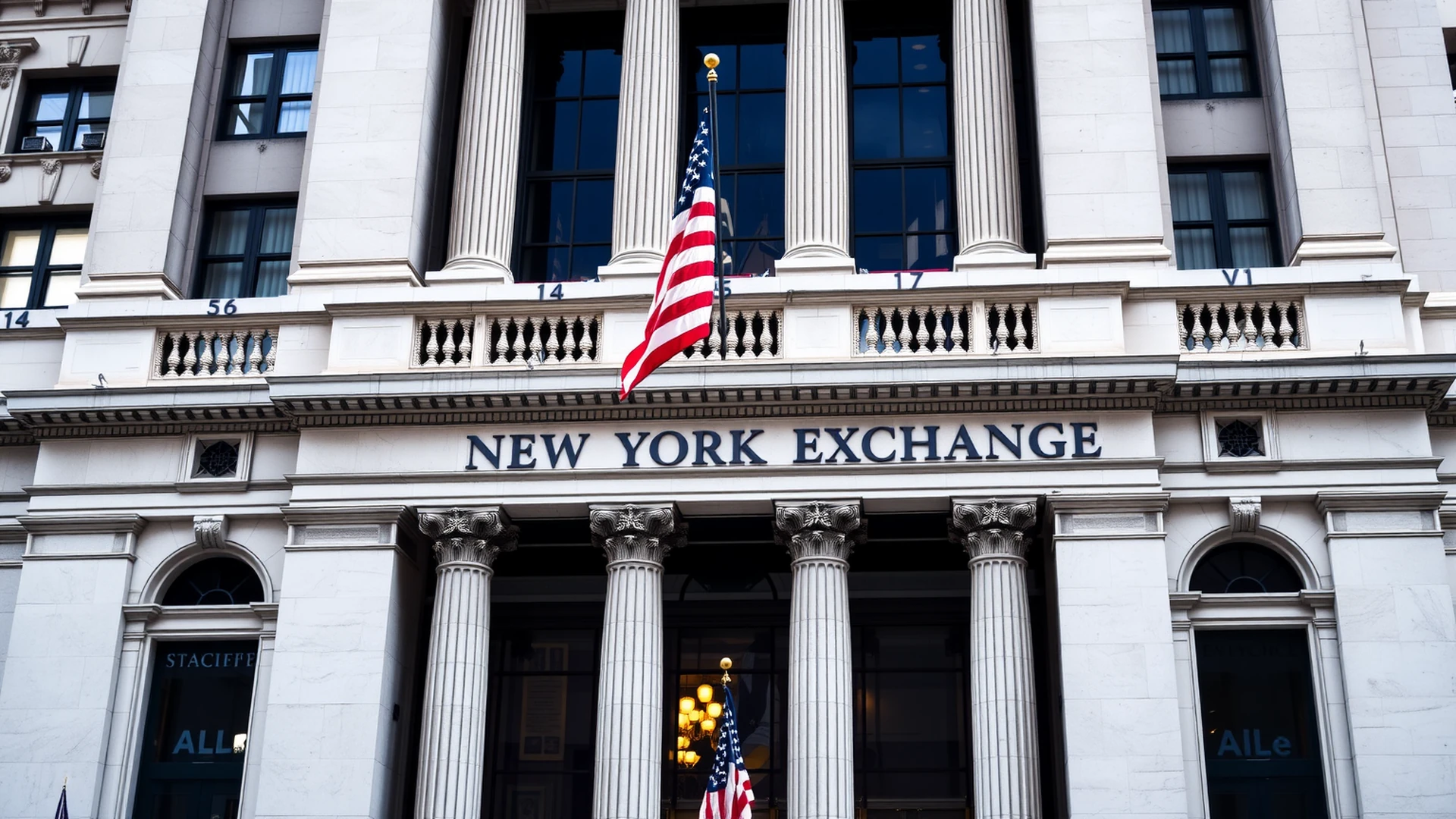The financial technology landscape is defined by a compelling strategic rivalry between two industry heavyweights: Block, Inc. and PayPal Holdings, Inc. While both have fundamentally reshaped how consumers and merchants exchange value, their core philosophies and operational blueprints could not be more distinct. This contrast was thrown into sharp relief by their latest quarterly earnings reports, presenting investors with two very different visions for the future of digital finance.
Core Strategies: Ecosystem Integration vs. Platform Dominance
At its heart, this is a battle between an integrated ecosystem model and a scaled platform approach.
PayPal has built its empire as a trusted intermediary within the digital economy. Its primary strength stems from an enormous two-sided network that connects hundreds of millions of active accounts with merchants across the globe. The company’s strategy centers on dominating the online checkout experience, expanding the capabilities of its popular peer-to-peer app Venmo, and growing its unbranded payment processing services. Recent initiatives include scaling “Buy Now, Pay Later” options and the introduction of ‘PayPal World’ to enhance connectivity with other major digital wallets.
In contrast, Block pursues a synergistic ecosystem strategy, operating two increasingly interconnected main segments: Square and Cash App. Square provides merchants, primarily small and medium-sized businesses, with a comprehensive suite of tools ranging from point-of-sale hardware to software for payroll, marketing, and lending. Cash App serves as a versatile consumer finance application offering peer-to-peer payments, stock and Bitcoin investing, and a debit card. The seamless interaction between these two segments forms Block’s unique value proposition: a Cash App user can effortlessly transact with a merchant using a Square terminal, creating a closed-loop financial system.
Financial Performance: A Study in Contrasting Priorities
The most recent financial results from both companies clearly highlight their differing strategic emphases.
PayPal’s Q2 2025 earnings underscored a disciplined approach toward profitable growth. The company reported a 5 percent increase in net revenue, reaching $8.3 billion, alongside a significant 20 percent jump in GAAP earnings per share to $1.29. Management highlighted its sixth consecutive quarter of growth in transaction margin dollars and raised its full-year EPS guidance.
Block’s Q2 2025 report told a story of robust underlying growth despite some headline volatility. While overall net revenue experienced a slight decline of 1.6 percent to $6.05 billion—pressured by decreased Bitcoin-related revenue—the company’s gross profit surged 14 percent to $2.54 billion. This metric, which management emphasizes as a key performance indicator, reflects the strength of its core business operations. Demonstrating strong momentum, Block raised its full-year gross profit forecast and now anticipates growth between 14 and 15 percent.
| Metric | PayPal Holdings, Inc. | Block, Inc. |
|---|---|---|
| Market Capitalization | ~$66 billion | ~$46 billion |
| Q2 2025 Revenue | $8.3 billion (+5% YoY) | $6.05 billion (-1.6% YoY) |
| Q2 2025 Gross Profit | – | $2.54 billion (+14% YoY) |
| Q2 2025 GAAP EPS | $1.29 (+20% YoY) | – |
| Q2 2025 Adjusted EPS | $1.40 (+18% YoY) | $0.62 |
| 2025 Annual Guidance | Raised non-GAAP EPS to $5.15-$5.30 | Raised gross profit to $10.17 billion |
Market Reception and Strategic Moves
Investor reactions to these earnings announcements diverged significantly, reflecting the market’s assessment of each company’s trajectory.
Despite exceeding analyst estimates and raising its annual forecast, PayPal’s stock experienced a muted to negative response, declining in the days following its report. Market participants appeared focused on a 5 percent decrease in total payment volume and a reduction in free cash flow. Notably, the company returned $1.5 billion to shareholders through stock repurchases during the second quarter.
Conversely, Block’s shares advanced more than 9 percent following its earnings release, even though it missed revenue and bottom-line estimates. Investors clearly concentrated on the substantial gross profit beat and elevated annual guidance as indicators of underlying business strength. The company highlighted accelerated growth in Square’s international markets and strong user engagement with Cash App. Block recently announced an upsized offering of $2.2 billion in senior notes for general corporate purposes.
Future Positioning in an Evolving Fintech Landscape
The future of financial technology will be shaped by artificial intelligence, embedded finance, and the growing demand for seamless omnichannel experiences. Both companies are actively investing in these areas, though from different vantage points.
PayPal is leveraging AI to enhance fraud detection and personalize customer experiences while also making “large and bold bets” in advertising and cryptocurrency. Its massive scale and global reach provide significant advantages for broadly deploying these technologies.
Block’s strategy is rooted in deepening its ecosystem integration. The company is introducing AI-powered tools for its Square merchants and expanding Cash App’s functionality—such as the new “Pools” feature—to transform it into an all-in-one financial hub for its user base, particularly among younger demographics. Its ventures into areas like Bitcoin mining also represent a risky but potentially rewarding bet on the future of decentralized finance.
Opportunity and Risk Assessment
PayPal Holdings, Inc.
| Opportunities | Risks |
|---|---|
| Massive global user and merchant base | Intense competition from fintechs and platforms like Apple Pay |
| Strong profitability and cash flow for reinvestment | Macroeconomic risks potentially reducing consumer spending |
| Venmo monetization growth potential | Regulatory scrutiny in evolving fintech landscape |
| Innovation in AI and next-gen financial services | Dependence on payment card networks |
Block, Inc.
| Opportunities | Risks |
|---|---|
| Synergistic ecosystem between Square and Cash App | Exposure to volatile Bitcoin prices |
| Strong brand recognition among younger demographics | Slower user growth or engagement with Cash App |
| High growth potential in merchant services | Competition from established players and new fintech startups |
| Leadership position in cryptocurrency integration | Execution risks with new product launches |
Investment Conclusion: Contrasting Philosophies
The investment cases for PayPal and Block present a clear choice between two distinct financial technology philosophies.
PayPal represents the stable, profitable industry leader. It offers investors exposure to the broad, ongoing shift toward digital payments, supported by a strong balance sheet and commitment to returning capital to shareholders. The company focuses on methodical innovation while leveraging its immense scale to defend its dominant market position.
Block offers a higher-growth, more dynamic narrative. It represents a bet on the power of an integrated ecosystem and a corporate culture that prioritizes rapid innovation, even in speculative areas like Bitcoin hardware. While its financial results may show more volatility due to factors like cryptocurrency prices, its underlying gross profit growth demonstrates increasing strength in its core businesses. Ultimately, the investment decision hinges on an investor’s risk tolerance and belief in which strategic vision will prove more successful in tomorrow’s intensely competitive fintech arena.
Ad
Block Stock: Buy or Sell?! New Block Analysis from January 9 delivers the answer:
The latest Block figures speak for themselves: Urgent action needed for Block investors. Is it worth buying or should you sell? Find out what to do now in the current free analysis from January 9.
Block: Buy or sell? Read more here...

